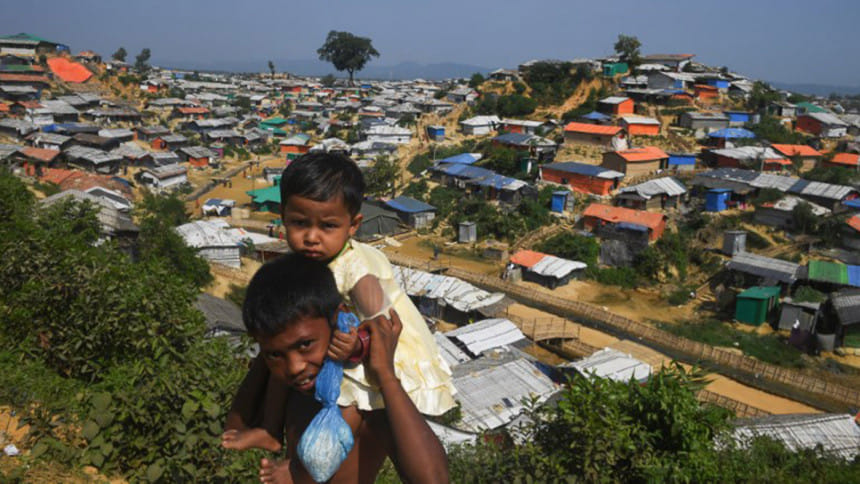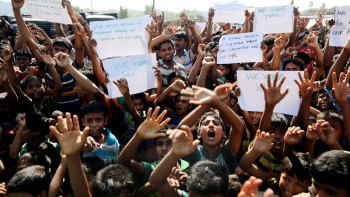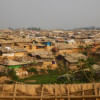‘Asean stands ready to provide healthcare to Rohingyas’

Asean cannot discuss with Myanmar on how to provide citizenship to the Rohingya, but stands ready to provide healthcare and education, said Singapore's Foreign Minister Vivian Balakrishnan today.
"Simple answer – no," he said when Singapore's MP Louis Ng asked him in the parliament if the issue of citizenship for the refugees could be discussed by the Association of Southeast Asian Nations (Asean) at a deeper level, reported The Straits Times.
Dr Balakrishnan said, "Citizenship is a fundamental political rights. It goes to the heart of sovereignty. It goes to the heart of the construction of how a country looks at itself and identifies who is in and who is out... This is not something that foreigners should get involved in."
He said it was not possible for Singapore or Asean to impose a deadline to start the process for repatriation, but that the regional bloc will stand ready to support the refugees, in providing or helping in healthcare and education facilities and the promotion of interfaith dialogue.
The Rohingya refugees who fled Myanmar need to have sufficient confidence before their repatriation can start "in a voluntary, safe and dignified way'', Vivian Balakrishnan said.
But the more difficult and fundamental issues in the Rohingya crisis involve such challenges as citizenship and political rights, he said in his reply to nominated MP Anthea Ong.
Again, these are issues that Asean cannot decide or debate on. "We cannot do so on behalf of Myanmar and, ultimately, Myanmar has to sort out its own political challenges," he told the House.
Some 750,000 Rohingya fled a sweeping army crackdown in Myanmar's Rakhine state since 2017, joining the 300,000 other Rohingya who had fled previous waves of violence in the past in Rakhine state of Myanmar where they have been denied citizenship and basic rights including education and healthcare.
Repatriation could not begin in November last year as the Rohingya as well as the United Nations refugee agency and aid groups opposed it, saying the conditions in Rakhine were not safe and they had no guarantee of citizenship.
Balakrishnan said that at the recent Asean Foreign Ministers' Meeting in January, the subject of the Rakhine state came up for extensive, informal discussions among the leaders.
"We focused on efforts by Asean to support the refugees as well as Myanmar, and, in particular, focused on the safe and voluntary repatriation of these refugees," he noted.
The Asean Coordinating Centre for Humanitarian Assistance will dispatch to Myanmar a needs assessment team to help identify the areas through which Asean can provide support and also enhance the trust and confidence of the refugees on the ground.

 For all latest news, follow The Daily Star's Google News channel.
For all latest news, follow The Daily Star's Google News channel. 









Comments